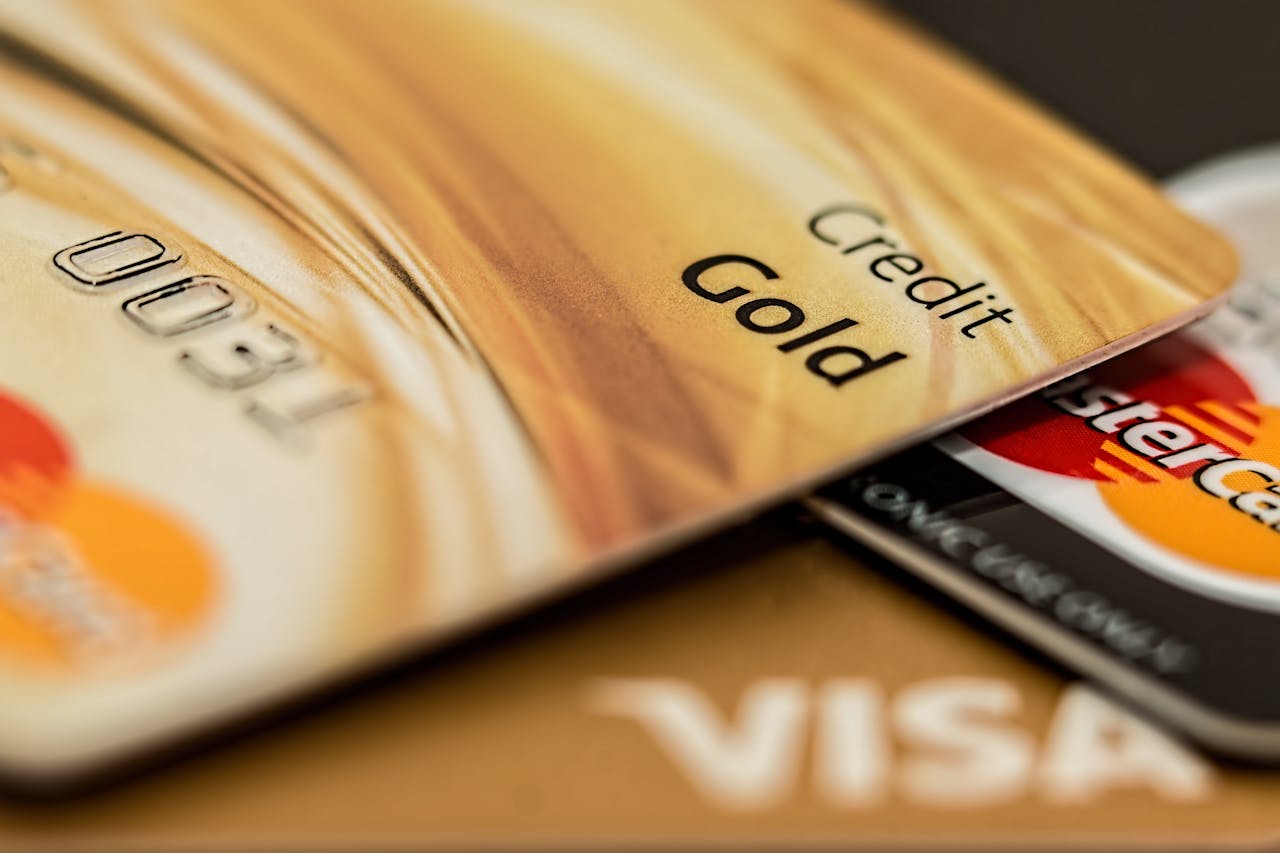Building credit from scratch in 2025
this one of the most important steps you can take toward financial independence and long-term stability. Whether you’re a young adult just entering the financial world, a recent immigrant to the U.S., or someone rebuilding from past challenges, establishing a strong credit profile opens the door to better loan terms, lower insurance rates, and even job opportunities in some industries.
The process begins with understanding how credit scores work—typically ranging from 300 to 850 and influenced by five key factors: payment history, credit utilization, length of credit history, new credit inquiries, and credit mix.
To get started, one of the easiest ways is to apply for a secured credit card. These cards require a refundable deposit and are designed specifically for people with no credit history. Make small purchases and pay the balance off in full each month to demonstrate responsible usage.
Another option is to become an authorized user on someone else’s credit card. If they have a long-standing account with a positive payment history, that information can begin appearing on your report, boosting your score.
In 2025, several fintech apps like Experian Boost and Credit Karma’s credit-building features also allow users to add non-traditional payments like utilities or streaming subscriptions to their credit file, giving them a faster route to establishing a score. Additionally, consider credit-builder loans, offered by credit unions and online lenders, where the amount borrowed is held in a savings account until you complete the repayment.
On-time payments for these small loans get reported to the credit bureaus and contribute positively to your history. It’s essential to monitor your credit regularly through free services or annualcreditreport.com to catch errors early and track progress. Avoid common mistakes like applying for too many credit cards at once or carrying high balances, which can damage your score. Building credit takes time, but with discipline and smart financial behavior, you can go from no credit to good credit within a year. Once your score improves, you’ll qualify for better financial products and have more control over your money decisions in the future.


